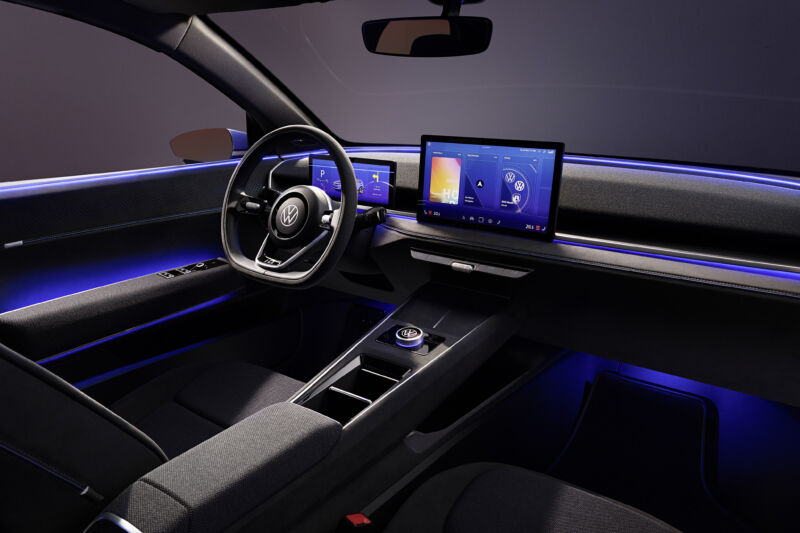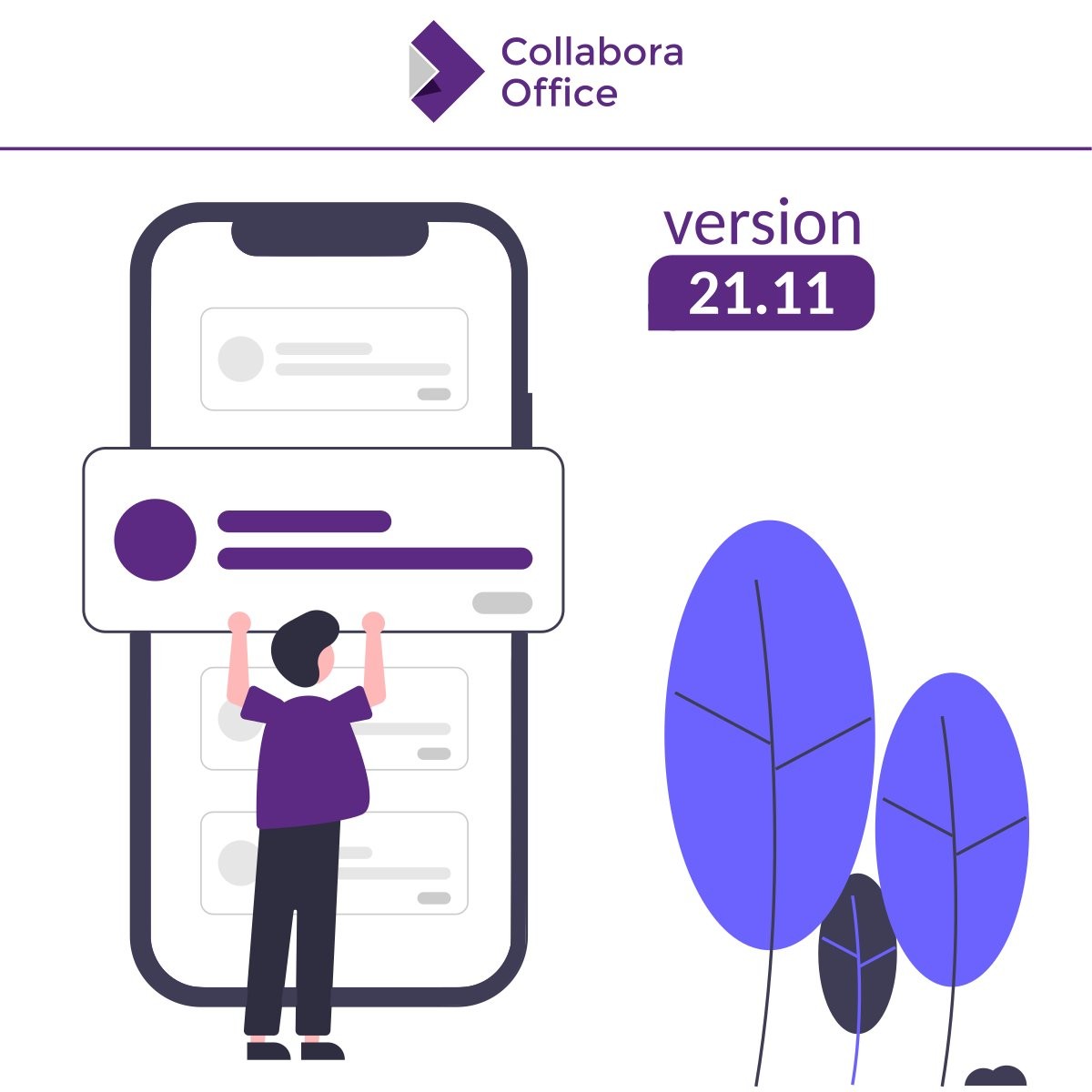-
 chevron_right
chevron_right
Musk calls out WhatsApp bug ahead of rolling out encrypted Twitter DMs
news.movim.eu / ArsTechnica · Wednesday, 10 May, 2023 - 18:00

Enlarge (credit: Clive Mason - Formula 1 / Contributor | Formula 1 )
The new features on Twitter keep coming, as CEO Elon Musk has announced that today the platform will release an early version of encrypted direct messages that will "grow in sophistication rapidly." The move seemingly signaled Musk's intention to entice users to spend more time on the platform by maximizing the privacy of personal communications.
"The acid test is that I could not see your DMs even if there was a gun to my head," Musk tweeted.
In the same tweet, Musk said that voice and video chat from Twitter handles would be "coming soon," and he confirmed that any users with the latest version of the app "can DM reply to any message in the thread (not just most recent) and use any emoji reaction."







